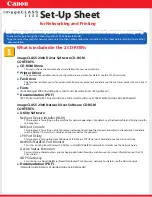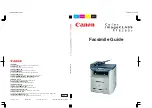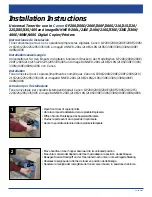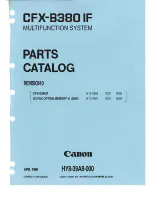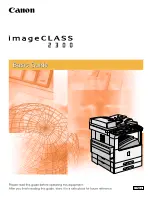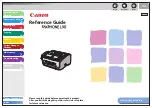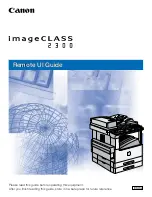
101 • Printer Settings in Windows
5.
Directs the spooler to check the document setup and match it to the printer
setup before sending the document to print. If a mismatch is detected, the
document is held in the print queue and does not print until the printer setup
is changed and the document restarted from the print queue. Mismatched
documents in the queue will not prevent correctly matched documents from
printing.
6.
Specifies that the spooler should favour documents which have completed
spooling when deciding which document to print next, even if completed
documents are lower priority than documents which are still spooling. If no
documents have completed spooling, the spooler will favour larger spooling
documents over shorter ones. Use this option if you want to maximize printer
efficiency. When this option is disabled the spooler chooses documents based
only on their priority settings.
7.
Specifies that the spooler should not delete documents after they are
completed. This allows documents to be re submitted to the printer from the
spooler instead of printing again from the application program. If you use this
option frequently it will require large amounts of disk space on your computer.
8.
Specifies whether advanced features, such as pages per sheet, are available,
depending on your printer. For normal printing keep this option enabled. If
compatibility problems occur you can disable the feature. However, these
advanced options may then not be available, even though the hardware might
support them.
9.
This button provides access to the same setup windows as when printing from
applications. Changes made via the Windows Control Panel become the
Windows default settings.
10.
You can design and specify a separator page that prints between documents.
This is particularly useful on a shared printer to help each user find their own
documents in the output stack.
































